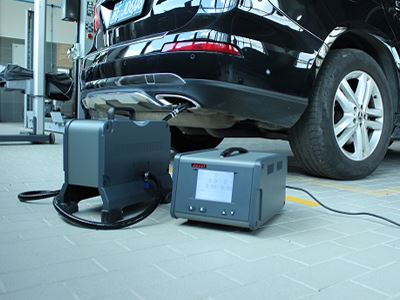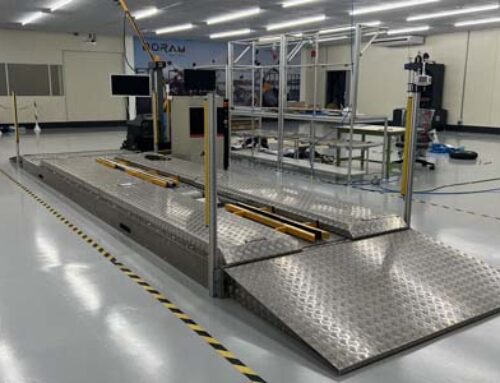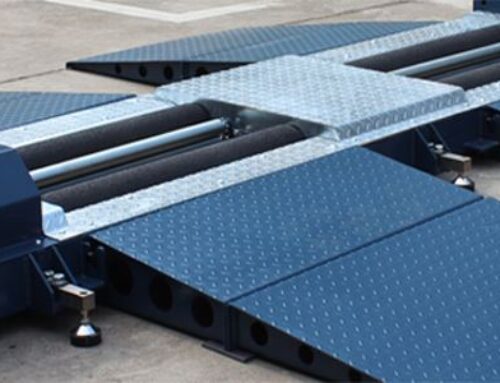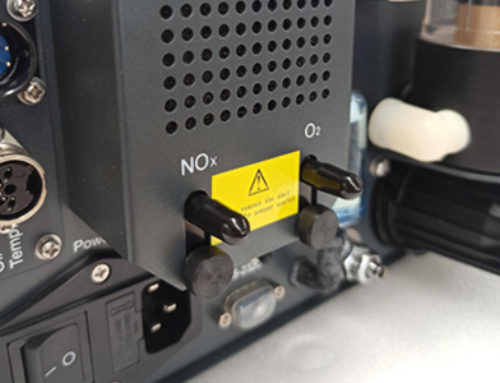As the global temperature continues to rise, the environmental state is also deteriorating. The main factor leading to global warming is carbon emission. While motor vehicle emissions contains CO (carbon monoxide), CO2 (carbon dioxide), HC (hydrocarbons), NOx (nitrogen oxides) and carbon particles. Therefore, the detection of vehicle emissions is also an important move and a guarantee for monitoring carbon emission and maintaining the ecological environment, which is of great significance to improve people’s quality of life.
So, do all vehicles need to detect exhaust emissions?
To answer this question, we must first understand the type of vehicle.
At present, motor vehicles are generally divided into two categories: New Energy Vehicles and Traditional Fuel Vehicles.
New Energy vehicles including four categories, they are Hybrid Electric Vehicles (HEV), Pure Electric Vehicles (Bev, including solar vehicles), Fuel Cell Electric Vehicles (FCEV), and other new energy (such as hydrogen energy, super capacitor, flywheel and other high-efficiency energy storage) vehicles. Among these vehicles, only some hybrid electric vehicles involving harmful gas emissions that need to do exhaust emission test, others are not required.
According to the different fuel properties of the engine, Traditional Fuel Vehicles are divided into PIEV (Positive Ignition Engine Vehicles) and CIEV (Compression Ignition Engine Vehicles).
Gasoline powered vehicles, liquefied petroleum gas (LPG) vehicles, natural gas (NG) vehicles and dual fuel vehicles, are all belong to PIEV, or called gasoline vehicles.
CIEV Vehicles powered by diesel, we call them diesel vehicles.







